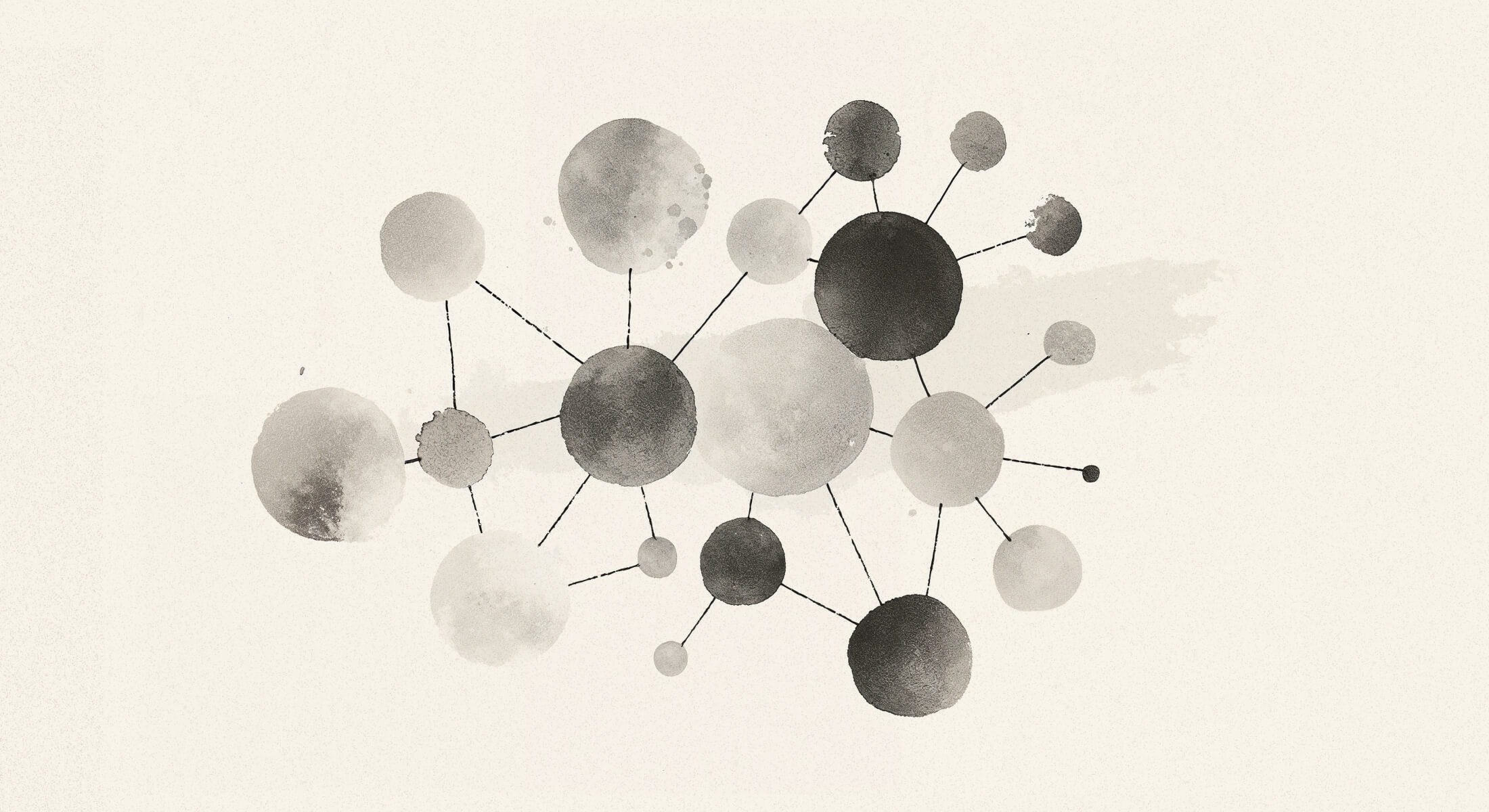Personal views on God and religion

Believing in a universe created by God—whether envisioned as a bearded patriarch as many religions depict, or as simulators running our reality—is fundamentally different from following an organized religion.
On one hand, we cannot verify whether God exists. As the typical description of God inherently involves a being that transcends our material reality—existing outside space, time, and physical laws—we lack any empirical access to such a domain. On the other, we have clear historical evidence that Catholicism, Christianity, Islam, and all other documented religions are human constructions—their scriptures, doctrines, and institutions were created, edited, and formalized by people over centuries.
While we cannot invalidate the subjective experiences that (allegedly) led genuine believers to faith in the gods described by these religions, we can state that there is zero peer-validated evidence supporting their specific claims.
Regarding religious organizations themselves, historical evidence shows that some had clearly premeditated reasons for using religion to control, preserve, and gain power. At the same time, it's also true that certain doctrines likely arose from sincere attempts to grapple with existential questions, and only later formalized into institutions. While religion has indeed performed great acts of net value for their followers and society, this positive contribution was/is clearly not universal or guaranteed—and we also have countless examples of terrible acts committed in the name of religion.
In our present era, with extensive knowledge about religions and their historical formation, I find it very difficult to follow any established religion. The evidence of their human origins is clear. Additionally, the idea—particularly in Abrahamic religions—that an all-powerful God seeks our worship seems implausible to me. A being so categorically different from us, with intelligence and power beyond our comprehension, seems unlikely to be so petty and self-centered. Furthermore, fundamental logical problems (e.g. Epicurean paradox, Euthyphro dilemma) further invalidate this possibility for me.
None of this is to say that religion has no value—it clearly does. Though religion isn't universally positive—some people genuinely suffer under religious frameworks—many followers find life satisfaction, wisdom, and community that transforms their lives for the better.
I personally place epistemic truth high on my list of values, so following a religion that appears logically flawed conflicts with my inner compass. That said, I remain completely agnostic about the existence of a God outside the framework of human-invented religions.
Finally, I believe that working together despite different religious views is essential for humanity's progress. We face practical challenges that affect us all in the here and now, regardless of our spiritual beliefs. Whether or not God exists, our only verifiable truth is the shared world we inhabit. That truth demands cooperation.








